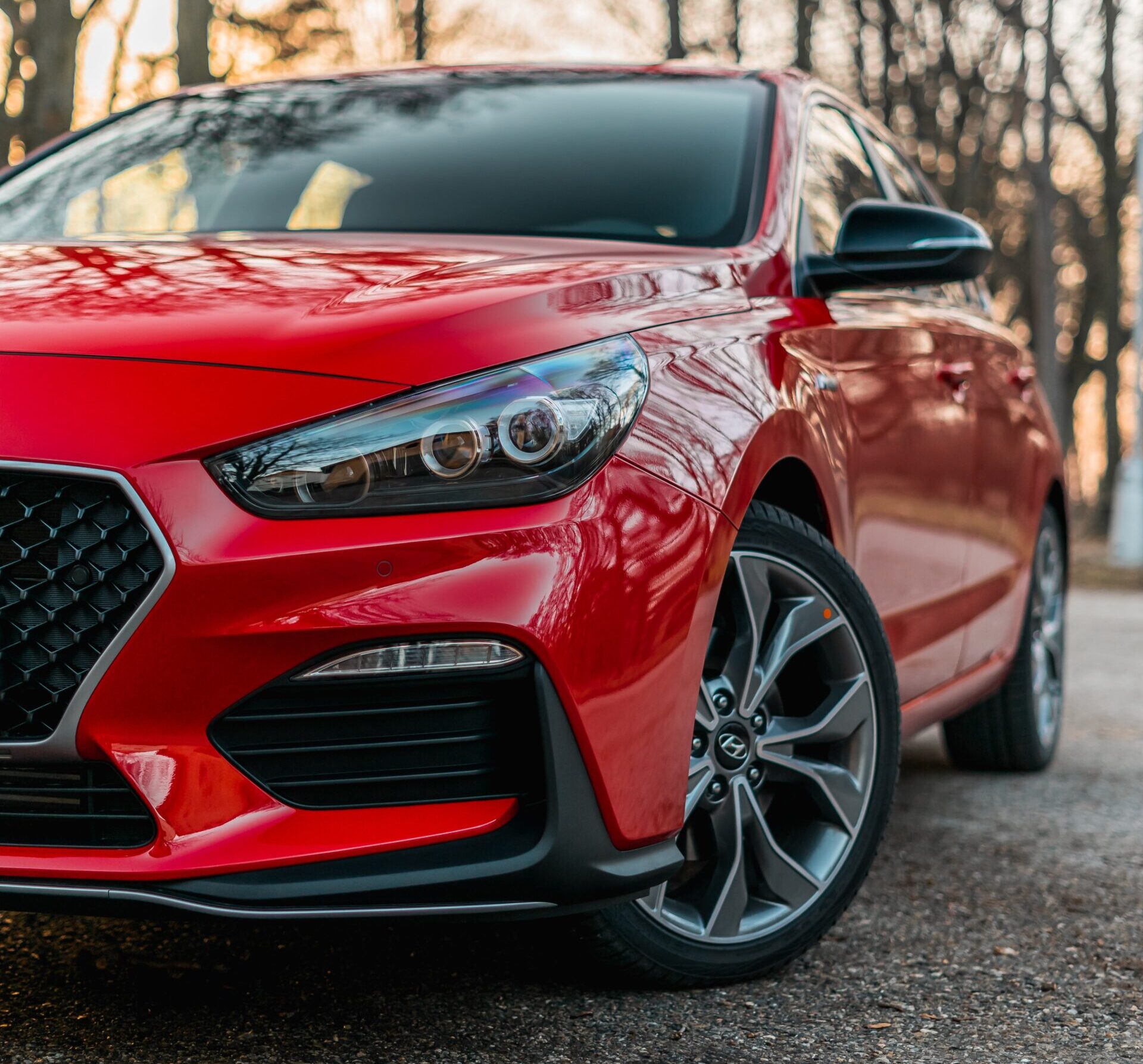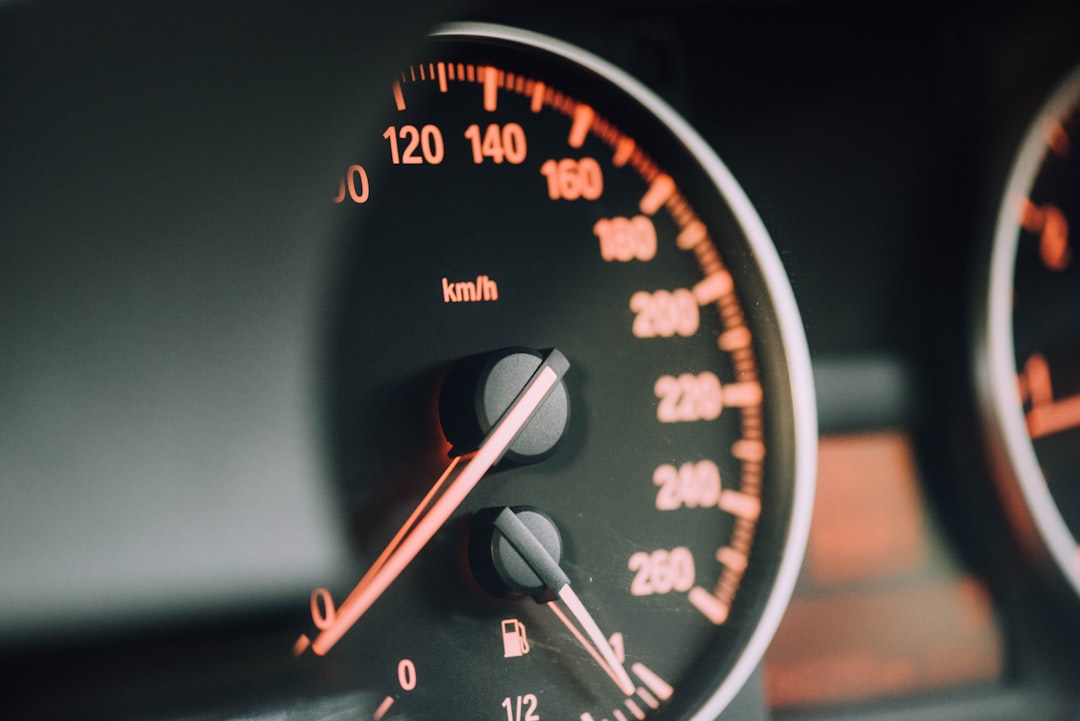Support our educational content for free when you purchase through links on our site. Learn more
Are Car Leases Ever Worth It? [2024]
Picture this: you’re cruising down the highway, wind in your hair, and a smile on your face. The only thing missing is the perfect car to match your style and personality. But here’s the dilemma: should you buy a car or lease one? It’s a question that has puzzled many car enthusiasts like yourself. Well, fear not! We, the automotive aficionados at Car Leases™, are here to guide you through the maze of car leasing and help you answer the burning question: are car leases ever worth it?
Table of Contents
- Quick Answer
- Quick Tips and Facts
- Background
- Leasing vs. Buying: What’s the Difference?
- Pros and Cons of Leasing
- Pros and Cons of Buying
- Leasing vs. Buying: Which is Right for You?
- What are the Advantages of Leasing?
- What are the Disadvantages of Leasing?
- FAQ
- Conclusion
- Recommended Links
- Reference Links
Quick Answer
In a nutshell, the answer to whether car leases are worth it depends on your personal circumstances and preferences. Leasing a car can be an attractive option if you enjoy driving a new vehicle every few years, prefer lower monthly payments, and don’t want to deal with the hassle of selling or trading in a car. On the other hand, buying a car gives you the freedom of ownership, control over mileage, and potentially lower costs in the long run. Ultimately, the decision boils down to what matters most to you.
✅ Leasing can be worth it if you:
- Enjoy driving a new car every few years
- Prefer lower monthly payments
- Don’t want to deal with selling or trading in a car
✅ Buying can be worth it if you:
- Value ownership and control over your vehicle
- Want the flexibility to modify or customize your car
- Prefer potentially lower costs in the long run
Now that we’ve given you a taste of the answer, let’s dive deeper into the world of car leases and explore the pros and cons of leasing and buying.
Quick Tips and Facts
Before we delve into the nitty-gritty, here are some quick tips and facts to keep in mind:
- Leasing terms typically range from 24 to 36 months, with mileage restrictions and limitations on modifications.
- Lease payments are generally lower than monthly loan payments for a new vehicle.
- Depreciation is a key factor to consider when deciding between leasing and buying. Cars tend to lose value rapidly in the first few years, making leasing an attractive option for those who prefer driving newer models.
- Maintenance and repairs are often covered under a lease agreement, providing peace of mind and potentially saving you money.
- Ownership is a significant distinction between leasing and buying. When you lease a car, you don’t own it, whereas buying a car means you have full ownership rights.
Now that you’re armed with these quick tips and facts, let’s explore the background and history of car leasing.
Background
Car leasing has been around for decades, offering an alternative to traditional car ownership. Initially popularized by luxury car manufacturers, leasing has become more accessible to a wider range of consumers. Leasing allows you to drive a new car without the commitment of long-term ownership. It offers flexibility, lower monthly payments, and the opportunity to experience the latest automotive technologies and features.
Leasing vs. Buying: What’s the Difference?
Leasing and buying a car are two distinct approaches to vehicle ownership. Let’s take a closer look at the key differences between the two:
| Leasing | Buying |
|---|---|
| You’re essentially renting the car for a specific period of time. | You own the car outright and build equity with monthly payments. |
| You make monthly lease payments for the duration of the lease term. | You make monthly loan payments until the car is fully paid off. |
| Lease terms typically range from 24 to 36 months. | Loan terms can vary but are typically longer, ranging from 36 to 72 months. |
| There are mileage restrictions imposed by the lease agreement. | You have no mileage restrictions when you own the car. |
| Modifications to the leased car are generally not allowed. | You have the freedom to modify or customize your car as you wish. |
| At the end of the lease term, you can return the car or purchase it at a predetermined price. | Once you’ve paid off the loan, the car is yours to keep or sell. |
Now that we’ve established the fundamental differences, let’s explore the pros and cons of leasing and buying in more detail.
Pros and Cons of Leasing
Leasing a car comes with its own set of advantages and disadvantages. Let’s break them down:
Pros of Leasing
- Lower Monthly Costs: Lease payments are generally lower than monthly loan payments for a new vehicle. This can free up your budget for other expenses or allow you to drive a higher-end car for the same monthly cost.
- New Car Every Few Years: Leasing allows you to drive a new car every few years, keeping you up-to-date with the latest automotive technologies and features.
- Worry-Free Maintenance: Many lease agreements include maintenance and repair coverage, saving you from unexpected expenses and providing peace of mind.
- No Resale Worries: When the lease term ends, you simply return the car to the dealership. You don’t have to worry about selling or trading in the vehicle.
- Potential for Tax Deductions: In some cases, leasing a car for business purposes may offer tax advantages. Consult with a tax professional to determine if you qualify.
Cons of Leasing
- No Ownership: When you lease a car, you don’t own it. This means you have no equity in the vehicle and must return it at the end of the lease term.
- Lack of Control: Lease agreements often come with mileage restrictions and limitations on modifications. If you exceed the mileage limit or want to customize your car, leasing may not be the best option for you.
- Fees and Other Costs: Lease agreements may include fees such as acquisition fees, disposition fees, and excess wear and tear charges. These additional costs can add up over the course of the lease.
- More Expensive for the Long Term: While lease payments may be lower in the short term, leasing can be more expensive in the long run. You’re essentially paying for the depreciation of the car during the lease term without building any equity.
Now that we’ve explored the pros and cons of leasing, let’s turn our attention to buying a car.
Pros and Cons of Buying
Buying a car offers a different set of advantages and disadvantages. Let’s take a closer look:
Pros of Buying
- No Restrictions: When you buy a car, you have the freedom to drive as many miles as you want and make modifications or customizations to suit your preferences.
- Total Control: As the owner, you have complete control over the vehicle. You can keep it for as long as you like and sell it whenever you’re ready for an upgrade.
- Potential for Tax Deductions: Depending on your circumstances, you may be eligible for tax deductions related to car ownership. Consult with a tax professional to explore potential tax benefits.
- Cheaper Overall in the Long Term: While buying a car may involve higher monthly payments, once you’ve paid off the loan, you no longer have monthly payments. This can result in lower costs over the long term compared to leasing.
Cons of Buying
- Rapid Depreciation: Cars tend to lose value rapidly in the first few years. This means that the car you buy today may be worth significantly less when you decide to sell or trade it in.
- Driving Costs: As the owner, you’re responsible for maintenance and repair costs. These expenses can add up over time, especially as the car ages.
Leasing vs. Buying: Which is Right for You?
Now that we’ve explored the pros and cons of leasing and buying, you may be wondering which option is right for you. The truth is, there’s no one-size-fits-all answer. The decision between leasing and buying depends on your lifestyle, driving needs, and financial situation. To help you make an informed choice, consider the following questions:
- How often do you like to drive a new car? If you enjoy driving the latest models and don’t mind the limitations of leasing, it may be worth considering.
- What is your budget? If you prefer lower monthly payments and don’t mind not owning the car, leasing could be a viable option.
- Do you value ownership and control? If having full ownership of your vehicle and the freedom to modify or customize it is important to you, buying may be the better choice.
- How many miles do you typically drive in a year? If you have a long commute or frequently take road trips, buying may be more suitable, as lease agreements often come with mileage restrictions.
- Are you comfortable with potential maintenance and repair costs? As the owner, you’ll be responsible for these expenses when you buy a car.
By considering these questions and weighing the pros and cons, you’ll be better equipped to make the right decision for your unique circumstances.
What are the Advantages of Leasing?
Leasing a car offers several advantages that may appeal to certain individuals. Let’s take a closer look at the benefits:
- Lower Monthly Payments: Lease payments are typically lower than monthly loan payments for a new vehicle. This can free up your budget for other expenses or allow you to drive a higher-end car for the same monthly cost.
- New Car Every Few Years: Leasing allows you to drive a new car every few years, keeping you up-to-date with the latest automotive technologies and features.
- Worry-Free Maintenance: Many lease agreements include maintenance and repair coverage, saving you from unexpected expenses and providing peace of mind.
- No Resale Worries: When the lease term ends, you simply return the car to the dealership. You don’t have to worry about selling or trading in the vehicle.
- Potential for Tax Deductions: In some cases, leasing a car for business purposes may offer tax advantages. Consult with a tax professional to determine if you qualify.
What are the Disadvantages of Leasing?
While leasing a car has its advantages, it also comes with a few disadvantages. Let’s explore them:
- No Ownership: When you lease a car, you don’t own it. This means you have no equity in the vehicle and must return it at the end of the lease term.
- Lack of Control: Lease agreements often come with mileage restrictions and limitations on modifications. If you exceed the mileage limit or want to customize your car, leasing may not be the best option for you.
- Fees and Other Costs: Lease agreements may include fees such as acquisition fees, disposition fees, and excess wear and tear charges. These additional costs can add up over the course of the lease.
- More Expensive for the Long Term: While lease payments may be lower in the short term, leasing can be more expensive in the long run. You’re essentially paying for the depreciation of the car during the lease term without building any equity.
FAQ
Is it ever a good idea to lease a car?
Yes, leasing a car can be a good idea in certain situations. If you enjoy driving a new car every few years, prefer lower monthly payments, and don’t want to deal with the hassle of selling or trading in a car, leasing may be a suitable option for you.
Read more about “Is there ever a good reason to lease a car? …”
Is leasing a car in 2023 a good idea?
Leasing a car in 2023 can be a good idea if it aligns with your preferences and financial situation. It offers the opportunity to drive a new car with the latest features and technologies, potentially lower monthly payments, and worry-free maintenance. However, it’s essential to consider your specific needs and evaluate the pros and cons before making a decision.
Read more about “When Is the Best Month to Lease a Car in 2023?”
How much is a lease on a $45,000 car?
The cost of leasing a $45,000 car can vary depending on factors such as the lease term, down payment, mileage allowance, and interest rates. It’s best to consult with a dealership or leasing company to get an accurate estimate based on your specific requirements.
Read more about “How much is a lease on a $45,000 car?”
What is a disadvantage of leasing?
One disadvantage of leasing is that you don’t own the car. This means you have no equity in the vehicle and must return it at the end of the lease term. Additionally, lease agreements often come with mileage restrictions and limitations on modifications, which can limit your freedom and control over the vehicle.
Read more about “… Advantages and Disadvantages of Leasing a Car”
Conclusion
In conclusion, the decision of whether car leases are worth it ultimately depends on your personal circumstances and preferences. Leasing a car can be a great option if you enjoy driving a new vehicle every few years, prefer lower monthly payments, and don’t want to deal with the hassle of selling or trading in a car. On the other hand, buying a car gives you the freedom of ownership, control over mileage, and potentially lower costs in the long run.
When making your decision, consider factors such as your budget, driving habits, desire for ownership, and long-term financial goals. By weighing the pros and cons of leasing and buying, you’ll be able to make an informed choice that aligns with your needs and preferences.
Remember, there’s no one-size-fits-all answer. What matters most is finding the option that brings you joy and satisfaction every time you hit the road.
Recommended Links
CHECK PRICE on:
Shop Popular Car Brands on:
Shop Car Leases on:
Related Article:
Books on Amazon:





